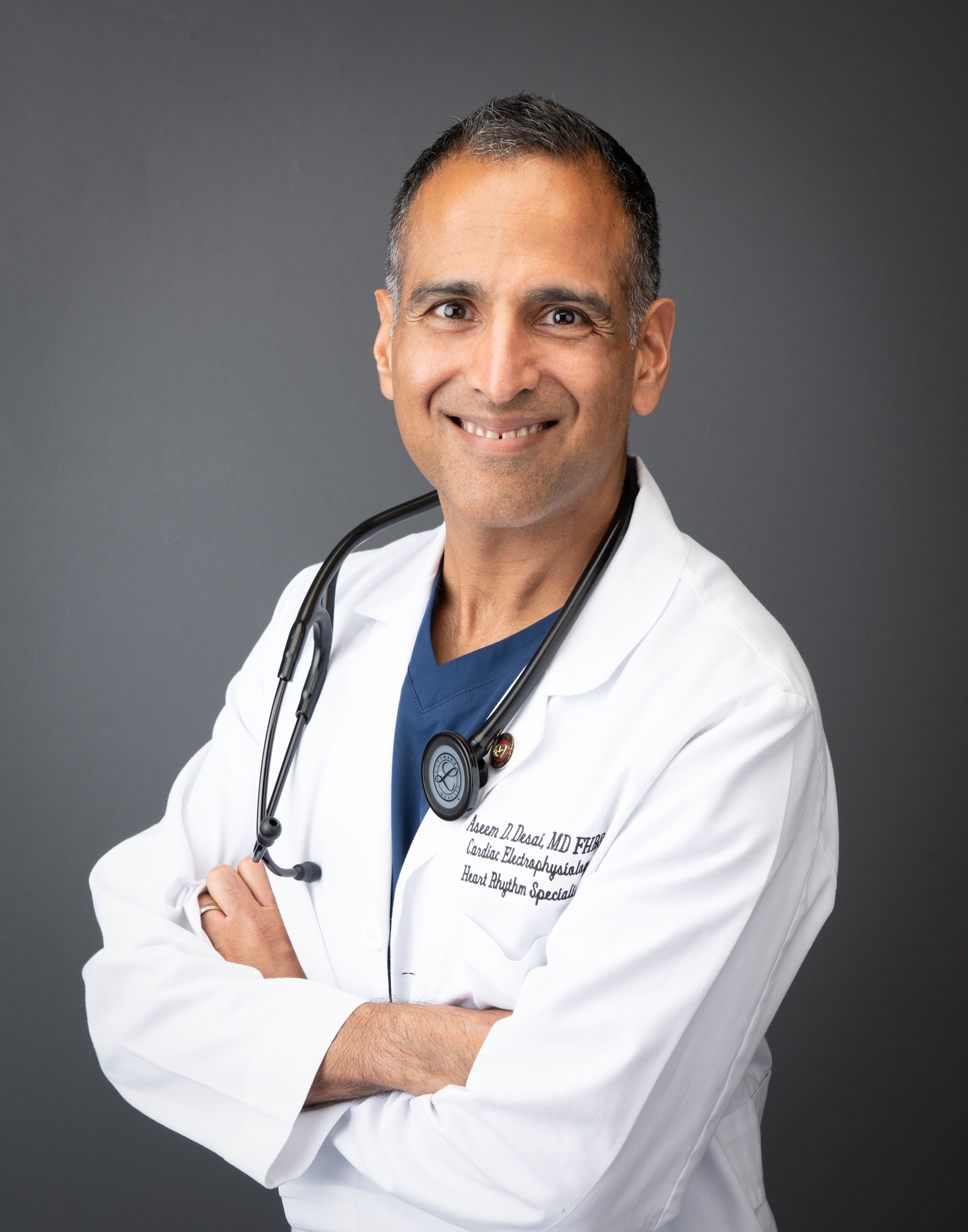It is stressful enough to live with heart disease. Now, with a global pandemic, access to health care providers has shifted from in-office to telemedicine in many instances. There are challenges for patients with heart disease in this context:
- Patients are often older and are not familiar with using technology for videoconferencing (Zoom, Doximity, FaceTime, Skype).
- The electrocardiogram and physical exam still remain the primary ways we assess the heart and its rhythm. This cannot be done with telemedicine.
The positive regarding telemedicine is often patients have more one on one face time with a practitioner because there are less distractions (computer, etc) and interruptions (phone calls, etc).
One way the heart’s rhythm can be assessed by a patient and information sent to a physician is with wearable devices such as the Apple Watch EKG app and Kardia Mobile by Alivecor.
Equally important, many elective heart procedures have been put on hold for an undetermined period of time. When it comes to your heart, it often feels like nothing should be considered elective. So patients are faced with fear and anxiety regarding getting their procedures done in a timely fashion. Device patients who require battery changes are rightfully concerned about making sure it gets done before the energy is completely depleted. Patients with atrial fibrillation are often faced with decisions to delay ablation or cardioversion, thereby allowing the disease to progress. As the disease progresses, treatments become less effective.
These issues need to be balanced with the risk of exposing heart disease patients to COVID-19 in a hospital setting. Furthermore, procedures would occupy beds that may be needed in case of admission surges. Lastly, personal protective equipment is limited, and elective procedures can drain the critical amounts needed by a hospital to protect health care workers.
Heart disease patients are amongst those at higher risk for severe forms of COVID-19 infection. Stay-at-home, masks/face coverings, and limiting going outside are even more important. Since these patients are often older, they may not be familiar with social media which is a primary way many of us are staying connected while social distancing. Because of this, it is easier for older heart patients to feel progressively isolated which also impacts their disease and overall health. Fortunately, there are people around the country and around the world who are helping these older fellow citizens which provides service and company to them.
It is important to note that patients with heart disease, especially rhythm disorders, may be at higher risk for side effects of potential therapies including hydroxychloroquine and azithromycin. Both of these medications prolong the QT interval on EKG which can predispose patients to dangerous and malignant ventricular arrhythmias and sudden death.
A final piece in all of this is the impact stress itself has on the heart. Many people who would normally go to the ER are fearful of contracting COVID-19 and thus delay diagnosis and treatment of heart problems. Stress has a direct effect on the heart via the fight-or-flight response and elevated adrenaline and cortisol.
The above issues are important for providers and patients to openly discuss with one another. It is through this therapeutic relationship that we will survive.
#Covid19 #heartdisease #restartyourheart


